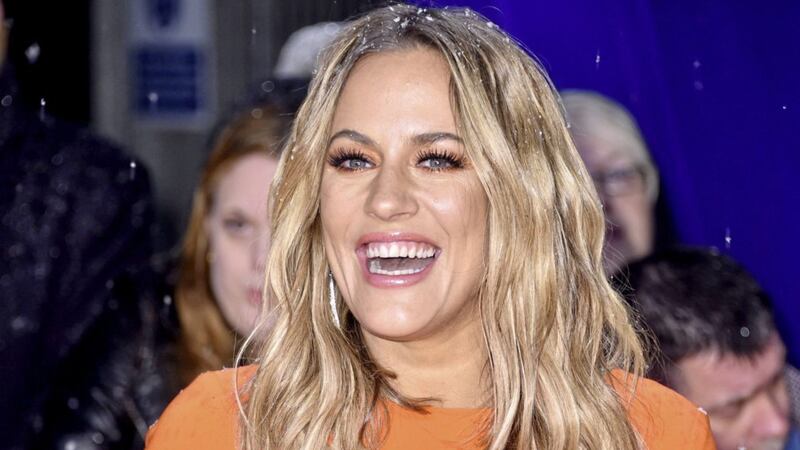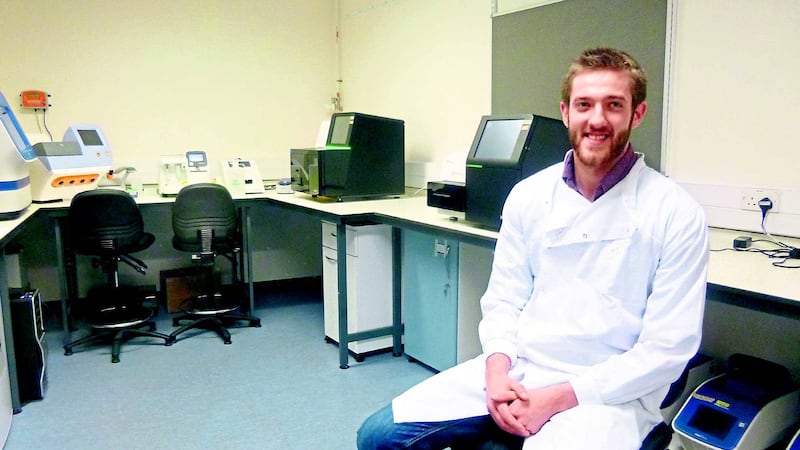TELEVISION star Caroline Flack was just 40-years-old when she took her own life at the weekend. The former Love Island host had been through a rough time: Flack was to stand trial on an assault charge after stepping down from the job that defined her because of the situation, while the tabloids and social media seized upon her perceived flaws, kicking the girl when she was down.
Of course, depression and suicide is a lot more complex than the end result of someone being hounded and trolled. In many cases of suicide there are often other risk factors such as alcohol, drugs, mental health issues and other interconnected issues. What is the same in all these cases is that it is an immensely tragic waste of life and a tragedy that is often preventable.
Not all of us are psychologists, so therefore dissecting the deeper issues that people face will not be our forte. But we are all human beings, and therefore can show others compassion and kindness. That, at least, is in our gift. Too often these days being resentful, bitter and hateful is our default setting. Social media in particular is a cesspit of hate and aggression 95 per cent of the time and it does no one any good at all.
The world is a hard place these days. Switch on the news any day of the week and you'll find humans hurting other humans in their words and in their actions. Terror attacks, shootings and bombings are so commonplace worldwide that we have become almost desensitised to their horrors.
We have refugees – families, elderly people, babies – facing treacherous journeys across deadly seas to escape their own lands, living in squalid camps in Europe. We have an American president devoid of empathy or human kindness that is seemingly leading the charge of new nastiness in the world with every word that comes out of his mouth.
We have a tabloid media which feeds humanity's ravenous hunger for celebrity gossip, often without care for the celebrity behind the headlines and how they will feel having possibly the worst day or action of their life laid bare for everyone to see and comment on.
We need to get away from the rising trend of tearing people apart for entertainment – be they celebrities or just someone in our social media feeds who has made a mistake in life. We need to realise that we are all fragile human beings, some of us stronger than others, who need positive human contact, not relentless hostility.
Anyone looking out their window at the moment at the drama and chaos and uncertainty outside could be forgiven for closing their curtains and going back to bed to hide under the duvet.
But it doesn't have to be that way. There are good people in the world. And we are them.
What we need now, more than ever is to get back to our positive default setting, focus on the good things and the good people. That and actually trying to be the good people.
Our society has changed dramatically in recent years. Social media has changed us. We are going through a critical time in world history. We can do nothing about that in global terms but we can make a difference in our homes, in our communities, in our cities.
Be kind to one another. Throw compliments and encouragement, instead of criticism. Reach out a hand to someone. Don't be nasty on social media. Smile at people in the street. Don't be a troll. Don't get involved in pointless and damaging social media pile-ons. Give more hugs. Help where you can. Teach your children to be good and kind and considerate people. A small pebble of kindness can send out a ripple in the ocean.
As Martin Luther King Jr said: "Darkness cannot drive out darkness; only light can do that. Hate cannot drive out hate; only love can do that."
:: Lifeline is a Northern Ireland crisis response helpline service for people experiencing distress or despair. People living in Northern Ireland can call Lifeline on 0808 808 8000. Deaf and hard-of-hearing textphone users can call Lifeline on 18001 0808 808 8000.
The charity Pips delivers suicide prevention and bereavement support services, counselling and therapies throughout Northern Ireland. It can be reached on 028 9080 5850 or 0800 088 6042. Samaritans provides a listening service if you need to talk about what you're going through. The number is 116 123.








